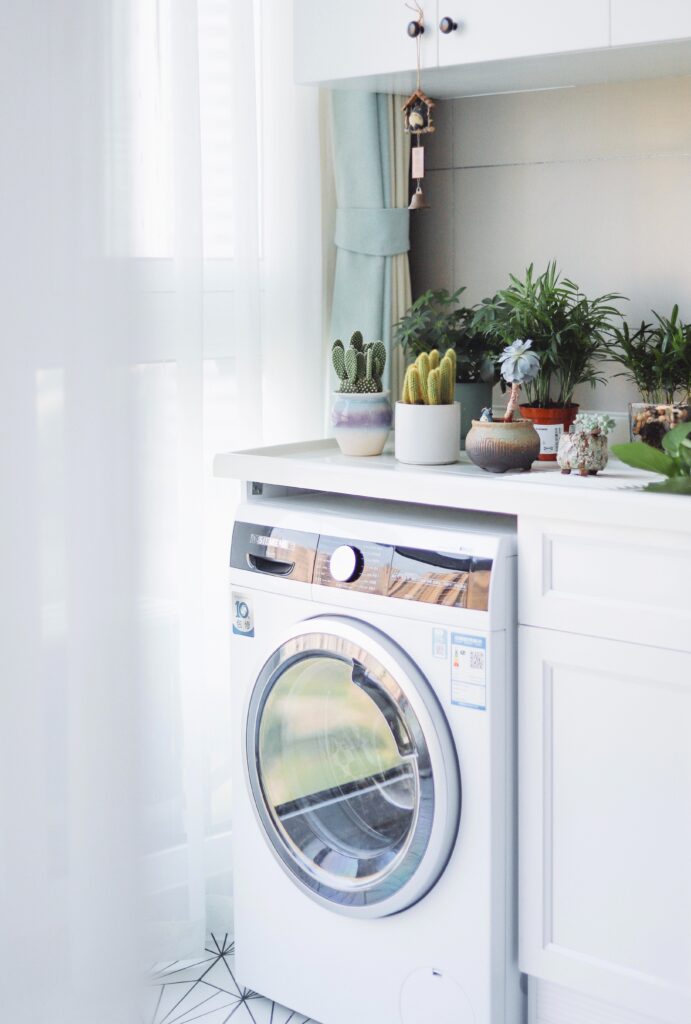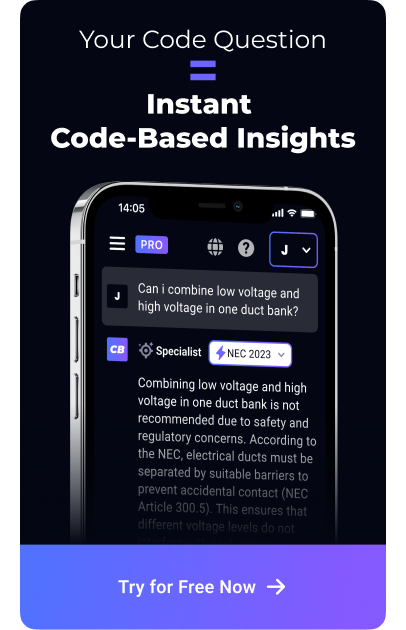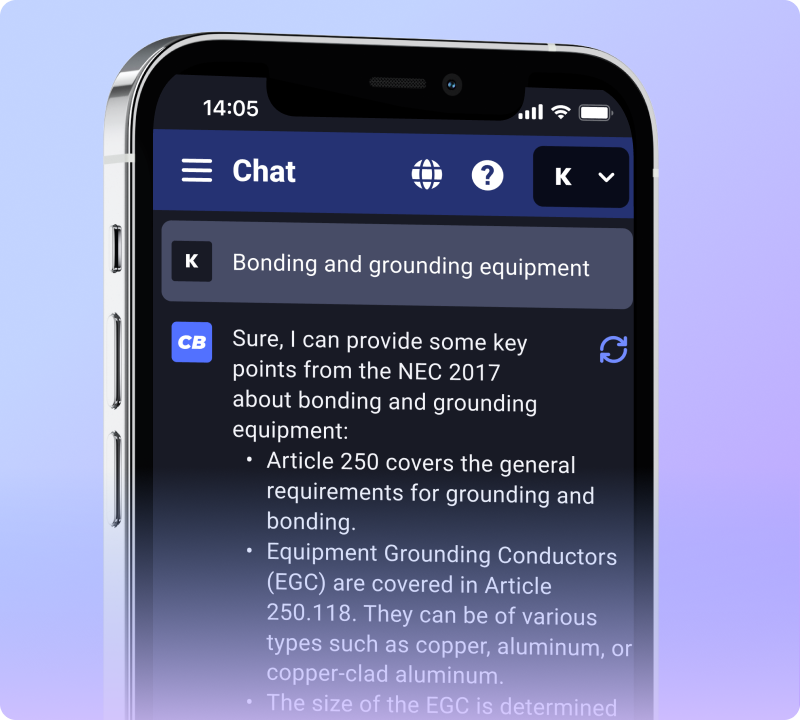For homeowners and builders, understanding the electrical outlet code requirements for washing machines is crucial for safety and compliance. The National Electrical Code (NEC) provides clear guidelines for this purpose.
NEC Guidelines for Washing Machine Outlets
The NEC sets specific standards to ensure the safe operation of washing machines:
- Dedicated Circuit: Washing machines should have a dedicated 20-amp circuit. This means the outlet for the washing machine should not be shared with other appliances. It ensures the washer receives a stable power supply without overloading the circuit.
- GFCI Protection: In areas where washing machines are typically installed, such as basements or laundry rooms, the outlets should have Ground Fault Circuit Interrupter (GFCI) protection. This is especially important if the outlet is located within 6 feet of a water source, a common scenario in laundry areas.
- Voltage and Plug Type: Most residential washing machines in the U.S. are designed to run on a standard 120-volt, 20-amp outlet. The outlet should match the plug type of the washing machine, usually a three-prong grounded plug.
- Accessible Location: The outlet should be easily accessible for the user. This not only makes it convenient but also ensures safety, allowing for quick disconnection in case of an emergency.
Additional Considerations
- Local Codes: Always check local building codes as they may have additional requirements or modifications to the NEC.
- Professional Installation: For new installations or modifications, it’s advisable to hire a licensed electrician. They can ensure that all work is up to code and safe.
Conclusion
Adhering to the NEC guidelines for washing machine outlets ensures the safety and efficiency of your laundry appliances. While these tips provide a general overview, for specific installations, always refer to the latest NEC or consult a professional.
Note: This information is based on the NEC as of April 2023. For the most current requirements, refer to the latest NEC edition or consult a qualified electrician.


